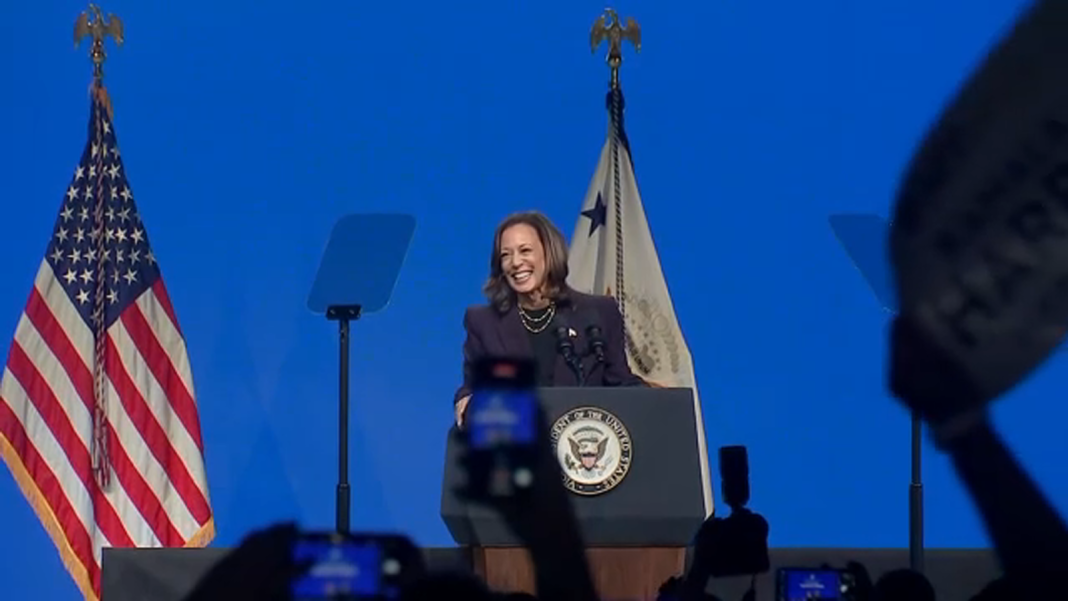 Southwest Airlines, after 53 years of flying, is making significant changes to its business model in response to mounting pressure to increase revenue. The airline plans to end open seating and introduce extra legroom seats on its airplanes. Starting next year, Southwest will begin selling flights that offer extra legroom, as well as overnight flights in February.
Southwest Airlines, after 53 years of flying, is making significant changes to its business model in response to mounting pressure to increase revenue. The airline plans to end open seating and introduce extra legroom seats on its airplanes. Starting next year, Southwest will begin selling flights that offer extra legroom, as well as overnight flights in February.
Southwest executives have been studying these changes for years and have hinted at assigning seats and offering extra legroom options. The current open seating model has been the number one reason why customers choose a competitor over Southwest, according to the airline’s research. In fact, 80% of Southwest’s own customers prefer an assigned seat.
The decision to change the seating model stems from a change in customer preferences and travel patterns. Customers are taking fewer short-haul trips and opting for longer flights, which increases the importance of an assigned seat. Additionally, Southwest wants to attract more corporate business travelers and grow its market share in that segment.
While Southwest is making these changes, it remains committed to its beloved “bags fly free” policy. After fares and schedule, the free checked bags policy is the primary reason why customers choose Southwest over competitors.
The pressure to segment its product like other airlines has increased for Southwest after activist investor Elliott Investment Management disclosed a nearly $2 billion stake in the company and called for new leadership. Southwest reported a 46% decline in profit for the second quarter.
Southwest has been working on the seating changes for almost a year, and CEO Bob Jordan stated that it was unrelated to Elliott’s push for leadership and policy changes. However, Elliott has called for Jordan and Southwest Chairman Gary Kelly to be replaced. Jordan dismissed those calls and said Elliott has shown no willingness to engage in meaningful conversation.
Southwest expects about a third of the seats on its Boeing 737s to offer extended legroom, similar to what other airlines offer. The Federal Aviation Administration will need to approve the cabin layouts. While Southwest executives didn’t specify the revenue expectations from the seating assignments and more expensive legroom seats, they project it to be “substantially north of” $1 billion annually.
The airline expects minimal incremental capital expenditure as the change only requires adjusting the cabin rather than buying new planes. Southwest has been criticized for moving too slowly compared to rival carriers who offer a variety of upsell options. However, Southwest was a pioneer in eliminating flight change fees, a move that other airlines followed four years ago.
Southwest will provide more details about the upcoming changes at an investor day in September.


